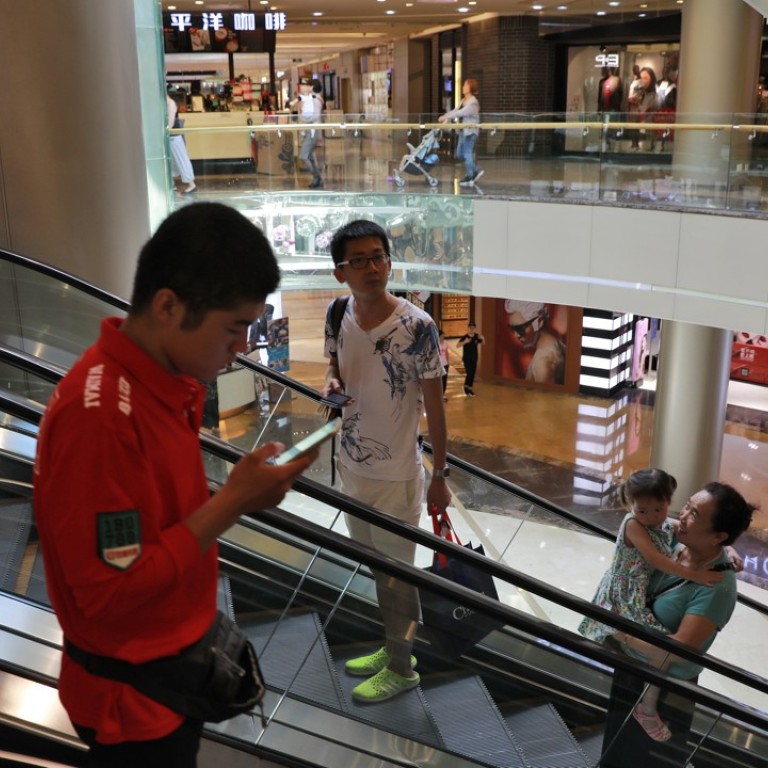
Chinese developer Future Land puts its faith in shopping malls despite glut worries
The Hong Kong-listed builder is targeting demand in lower-tier cities, aiming to operate 100 malls across the mainland by 2020
Future Land Development, a Chinese developer that recently failed in an attempt at privatisation, aims to rev up expansion into commercial property with plans to boost the number of shopping malls in its portfolio five-fold to 100 in the next three years.
Chen Deli, co-president of Future Land, said the company is aiming to own and operate shopping centres in cities in the mainland’s different tiers, with retail sales that could top 120 billion yuan (US$18 billion) by 2020.
We have our own vision and ideas, and we believe we can impress the young shoppers with our products
“We want to increase the number of commercial properties to achieve a big scale,” he said. “With the right scale, Future Land’s commercial property platform will be able to create and deliver value.”
Hong Kong-listed Future Land, one of the mainland’s top 15 developers, now owns and operates 17 commercial properties across the country. Another 36 are under construction.
“Seemingly, shopping malls in China are grappling with an oversupply, but few of the existing projects can really cater to consumers’ demand,” Chen said. “We have our own vision and ideas, and we believe we can impress the young shoppers with our products.”
Commercial properties generated a combined 344 million yuan of rental income and management fees for Future Land in the first half of this year.

The company forecasts that it will rake in a billion yuan from its shopping malls for the whole of 2017.
By year-end, Future Land will have completed 23 commercial projects, most of which are located in second- to fourth-tier cities.
The mainland’s residential property sector has hit a blip this year as Beijing rolled out a series of austerity measures, ranging from limiting home purchases to price interventions, to cool the overheated market.
In some of the [lower-tier] cities, not a single shopping mall has been set up yet
The country’s booming e-commerce sector is increasingly considered a headwind to commercial properties, which are seeing declines in foot traffic and sales.
Wu Ruiling, a deputy general secretary of the China Chain Store and Franchise Association, however, contends that top-quality shopping malls are still in high demand in some lower-tier cities.
“Several hundred millions of people are living and working in the third- and fourth-tier cities,” she said. “In some of the cities, not a single shopping mall has been set up yet.”
Future Land did not disclose the total investment for its commercial projects, but Ouyang Jie, a senior vice-president, said it would use a range of financing tools to support their construction.
Real estate investment trusts (REITs), a source of funding for developers, is one of the options, he said.
REITs pay investors dividends from rents earned by the underlying properties.
Earlier this month Wang Zhenhua, the billionaire chairman of Future Land, saw his HK$5.1 billion (US$654 million) bid to take the Hong Kong-listed firm private fail after shareholders rejected his offer, believing the firm is worth more.
Shares of Future Land have soared 18.8 per cent since July 1, closing at HK$3.54 on Friday.

